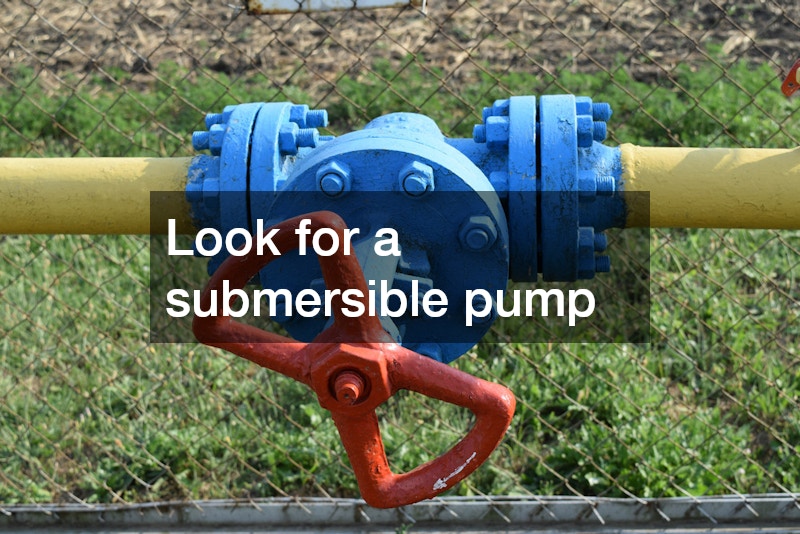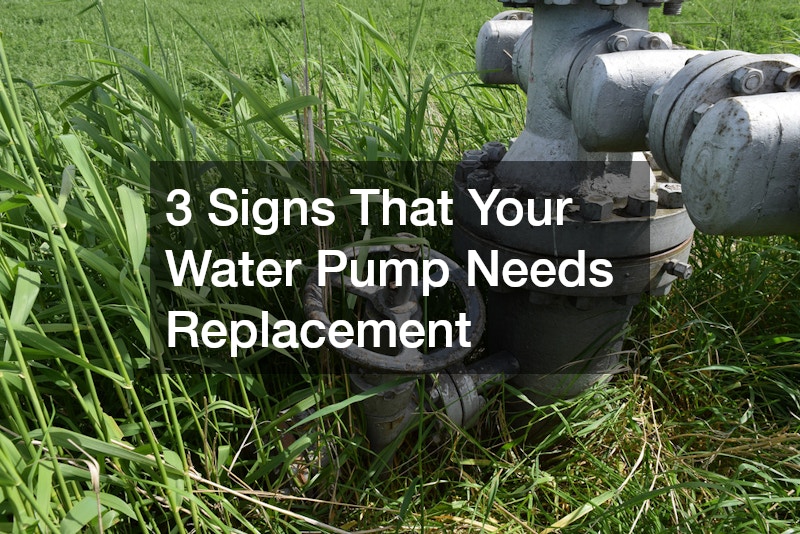
Dirty water pumps only need cleaning to work well again. A talented plumber can often replace one part and help you eek a few more years of use out of an older water pump. Eventually, though, every water pump needs replacing. When that time comes, instead of replacing like with like, upgrade your water pump!
Types of Water Pumps
This article refers to water pumps used in typical household plumbing, so we’ll save the discussions of well pumps and sump pumps for a future blog. These pumps move water from a well, tank, or through the home’s plumbing lines from a municipal source. Typically, they use one of three power types:
– Electricity
– Natural gas, including propane or butane
– Solar
Regardless of power type, it’s a good idea to choose a heavy duty water pump that can handle a high-volume water-use household.
Don’t confuse residential heavy-duty pumps with industrial heavy-duty pumps used in oil and gas operations and mining for their ability to handle high water pressure and high-viscosity fluids. Look for a continuous water pump, also referred to as a constant pressure well pump. It provides constant water pressure, ensuring that you always have water.

Unless you’re buying for an industrial operation, you won’t need a motor driven water pump. For household use, look for a submersible pump if you have a water well. Otherwise, explore jet pumps and centrifugal pumps.
Signs Your Water Pump Needs Replacement
Water pumps, like most equipment, aren’t built to last forever, and as such will inevitably require replacement once they begin to wear down. While it’s practical to try and get the most out of your water pump, sometimes it’s best to know when enough is enough. If you continue to use an aging system you could risk being without water until a new system can be set in place. Here are the 3 most common signs that your pump needs to be replaced.
- Age. If your water pump is over 10 years old, it will undoubtedly be experiencing the detriments of old age. More frequent maintenance may be required, in addition to whole new issues. With the constant repair needed it becomes a losing battle against time, and against your wallet. It’s best to replace your pump before the issues begin stacking up. A few signs to look out for are:
- Low water pressure or uneven spikes in pressure output.
- Output reports showing more running hours on a specific pipe.
- Burning odors from over taxed systems.
When combined with other smaller issues, these can all be signs that it’s time to replace your pump system.
- Parts. If your system is old, finding the necessary parts may become harder, or impossible. Checking frequently to ensure parts are still obtainable can help you gauge is repair is even worth it. If you’re noticing that the parts you need are becoming harder to find, it may be time to look into installing a replacement. If a breakdown occurs and parts aren’t available, you may be left without water until a replacement can be installed.
- Rust. In a system that solely supplies water, rust is inevitable. Once it begins accumulating the damage will only continue to mount. A little rust isn’t detrimental in the beginning, but over time can damage the integrity of the pump leading to leaks. Additionally, rust on bolts can cause them to break when you do try and remove them for maintenance; if this happens, it’s time for a replacement.
If your water pump is on its last legs, another option is water pump rentals in the meantime. Water pump services may also offer emergency installs in the case of failure. Though this option will cost more, if you’re without water due to a broken pump, it could be an option worth considering. However, the best option is to know the signs before complete failure occurs. Keeping tabs on the water pressure, knowing how old your system is, and checking for rust in key components, can save you time and money in the long run.
